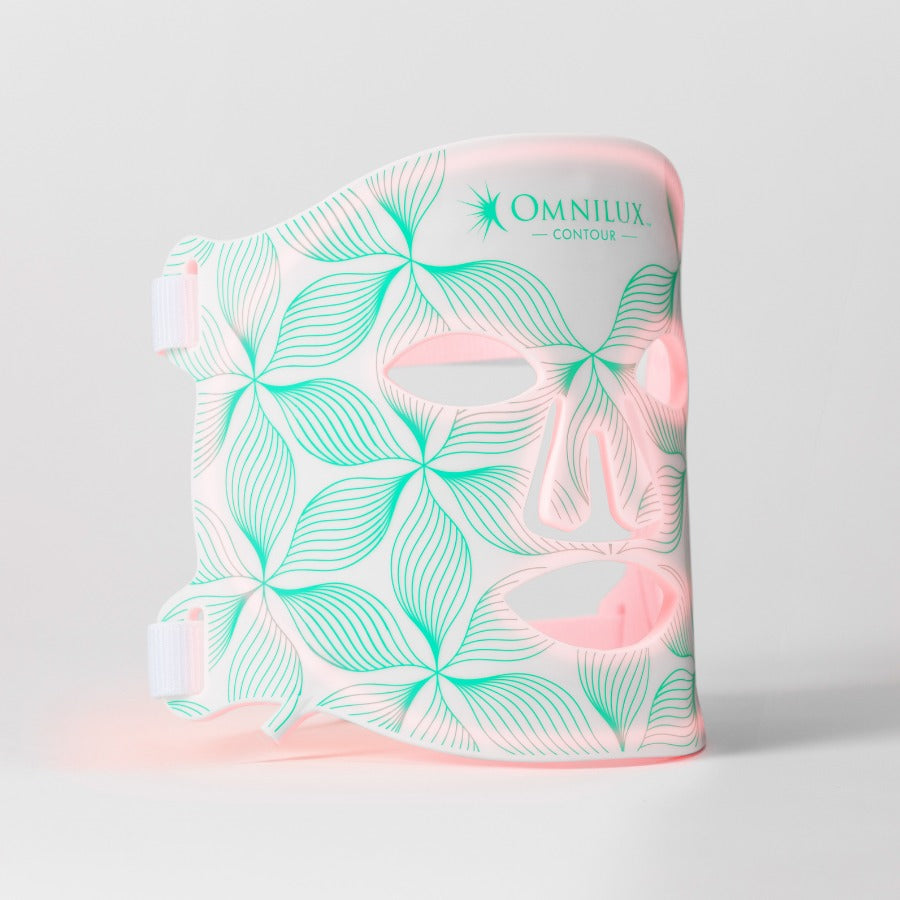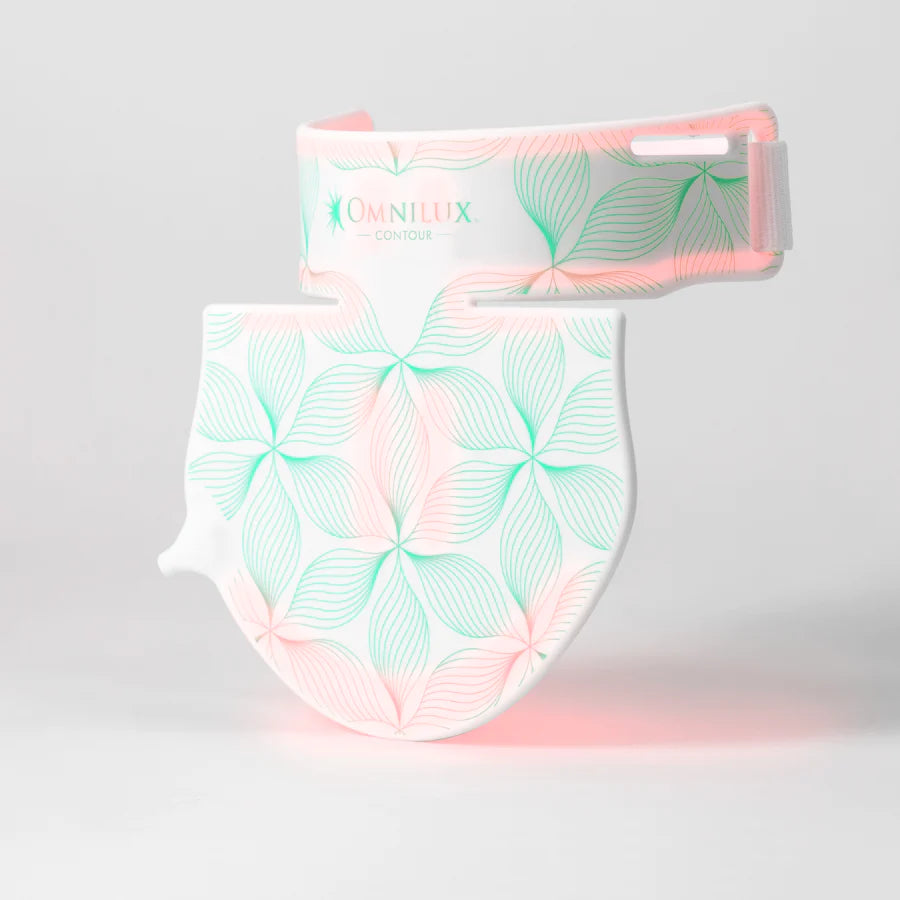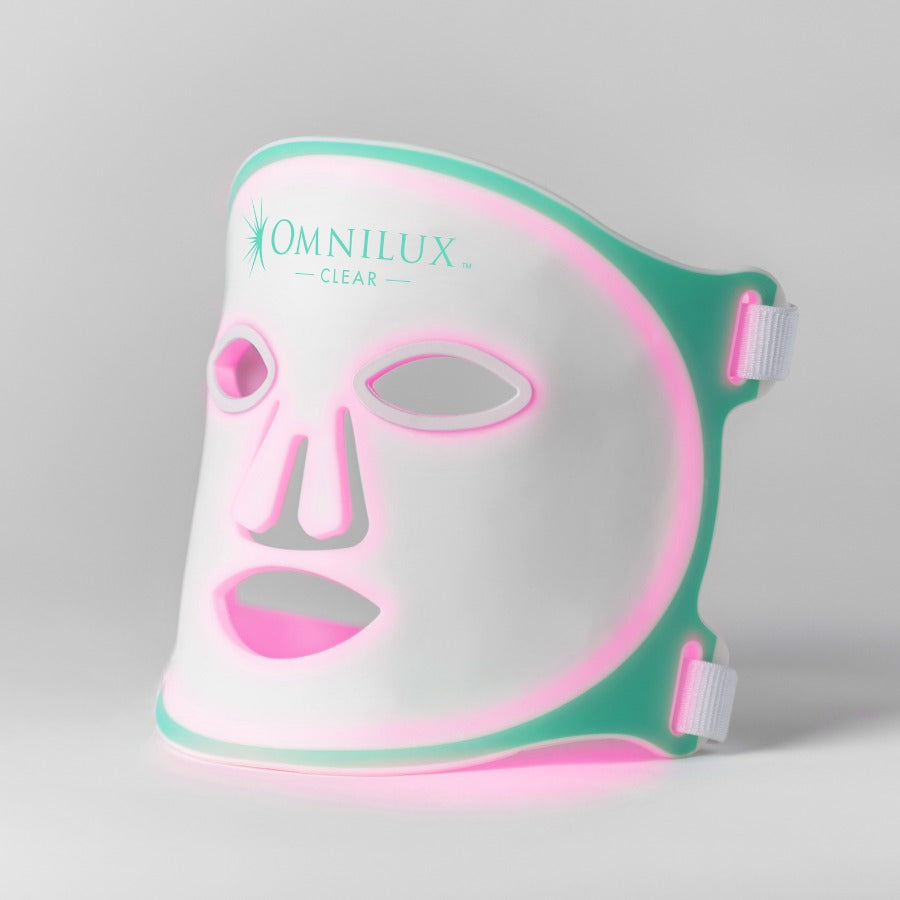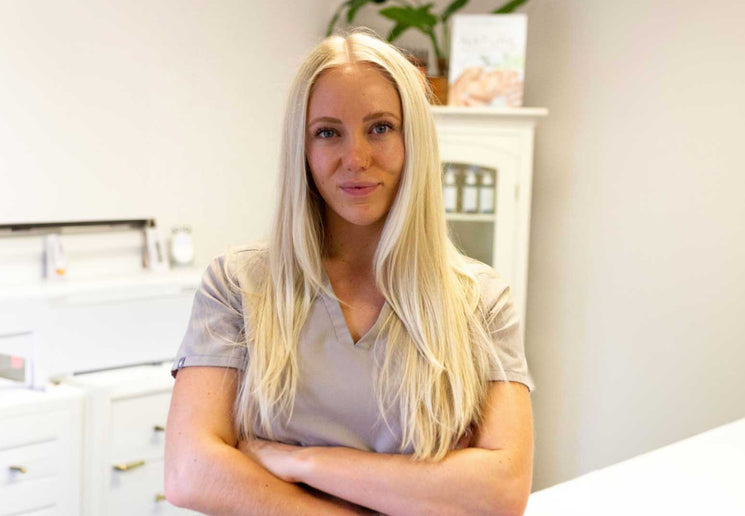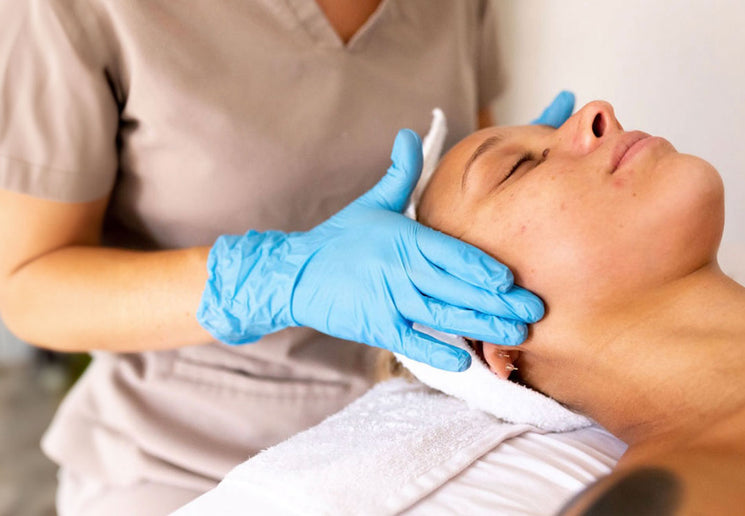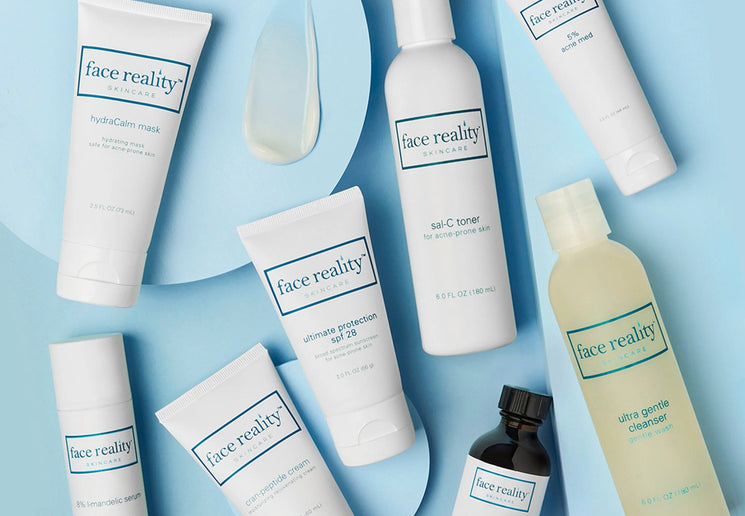
Healthy insides make for healthier skin
- Consume a diet rich in nutrients, fresh vegetables and fruits, healthy fats and proteins. Avoid processed foods, fried foods and foods containing added sugars and excess sodium.
- Keep a food journal for two weeks and note when you have skin issues (redness, breakouts, oiliness, etc.). This can help point out foods that may be contributing to inflammation and irritation in the body.
- Avoid excess consumption of alcohol, caffeine, smoking and drugs.
- Drink half of your body weight in oz. of water each day to stay hydrated. Caffeinated drinks like coffee will actually cause some dehydration. For every one cup of coffee, drink two cups of water to counteract the dehydration. For example, if someone weighs 150 lbs., they should drink 75 oz. of water. If they drink two cups of coffee, they will now need to drink 75 oz. of water + four cups water they used to counteract the coffee.
- Evaluate the medications you are taking. Some medications can cause dryness, hyper-pigmentation, sensitivity, oiliness and acne.
- Much of adult acne can be caused by hormone imbalances and/or thyroid. If you're concerned this may be an issue, go to your doctor to get your hormones and thyroid checked.
- Stress is one of the main causes of acne but can also cause other skin issues. Learn ways to manage your stress level.
- Breaking a sweat from working out is a great way to detox the body and promote circulation. Make sure to cleanse your face and body thoroughly after each workout.
- Remember that everything in our bodies is connected. If you're unhealthy overall, your skin with not be healthy.
The Purpose of your products
- Pre Cleansers (daily): Usually an oil based cleanser to remove makeup, excess oil, dirt, etc. before your targeted cleanser. This allows for a clean slate for your cleanser to work deep into the skin instead of above the surface.
- Cleansers (daily): Cleansers work to remove dirt, pollutants, bacteria and more that finds it's way deep into the skin.
- Exfoliants (1-4x/week): Exfoliators remove dead skin cells. As our skin cells dry out and die, the skins natural process of desquamation brings those cells to the surface. Exfoliation improves skin texture, blackheads, acne, dullness and uneven tone. Scrubs physically scrub the dead skin cells away and are best for oily/thick/tough skin with no sensitivity or active acne. Enzymes dissolve the dead skin cells and are great for almost all skin types and conditions. Chemical exfoliants (AHAs/BHAs) break down the bonds of our skin cells causing them to loosen and slough off. This form is best for people without sensitive skin.
- Toners (4-7x/week): Toners help to remove anything that may have been missed when cleansing as well as balance the skins pH. Healthy skin sits at a pH level of about 5.5. Many factors can raise or lower the pH level of our skin and it's important to keep it balanced. Too high or too low of a pH can strip the natural barrier of our skin causing many issues.
- Serums (usually daily): A serum should target the concern you're looking to prevent or correct. Serums are highly concentrated in specific ingredients made to improve a particular skin issue and have small molecular build to penetrate deeper into the skin.
- Masques (once a week): Similar to serums, masques can further aid in specific skin concerns and can be customized to treat different skin issues.
- Moisturizers (daily): Moisturizers help to balance your skins hydration and oil production. If your skin is super oily, it can actually be a sign that your skin is being stripped and dried out. If your skin does not receive enough moisture, your oil glands can go into overdrive and over produce sebum (oil) to make up for what your skin is lacking.
- SPFs (every morning and throughout the day): Sun Protection Factor moisturizers are one of the most important products anyone can use. Sun damage is one of the main causes of extrinsic aging. UV rays (UVA/UVB) promote the growth of **free radicals within our skin (scroll to bottom to learn about free radicals) that damage our skins elastin causing sagging and wrinkles. On top of wrinkles, sun exposure causes hyper-pigmentation, AKA sun spots or age spots. When our skin tries to protect itself from the UV rays, it starts to over produce melanin (the cells that give our skin pigment) creating hyper-pigmentation. SPFs must be applied 15 minutes before leaving the house and every 1.5-2 hours. Yes even if you're just walking to the mail box, yes even if you're just driving to work, yes even it's cloudy, snowing or raining. Everyday ladies and gentlemen!
**Free Radicals: An uncharged molecule with an unpaired electron. Free radicals damage cells DNA and membranes by stealing the cells electron through a process called oxidation. This is where antioxidants come in. Antioxidants are able to safely give away one of their electrons to the free radical. Hence why antioxidants are so important topically as well as internally.
Desert Rose Shop
Add to your Personal Collection
Get Professional Skin Care










